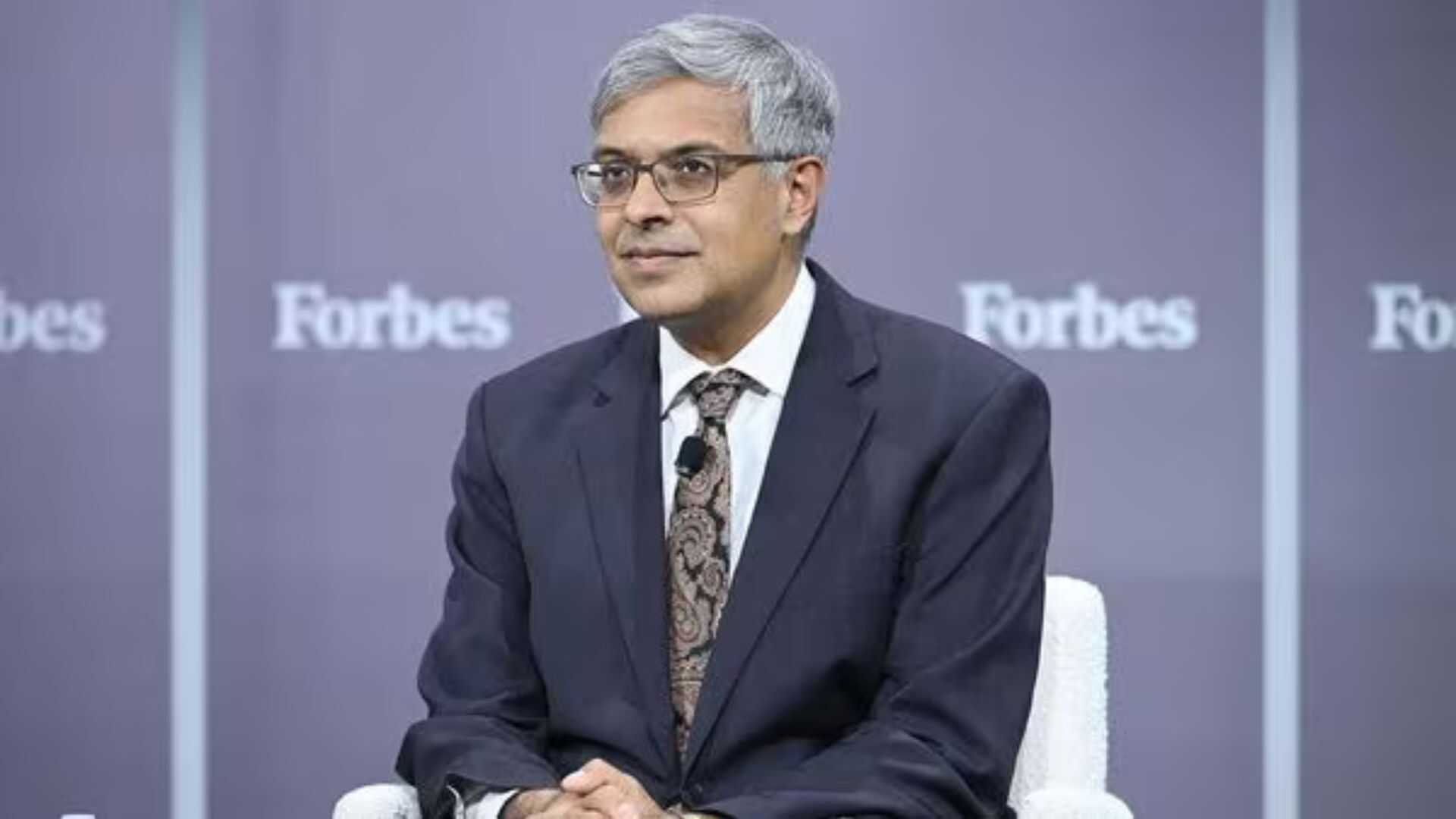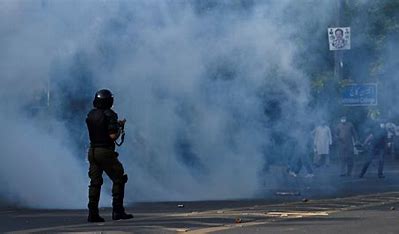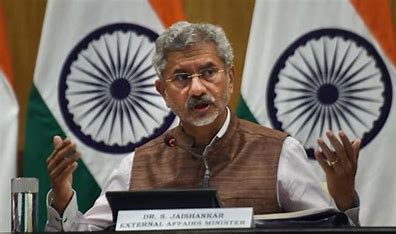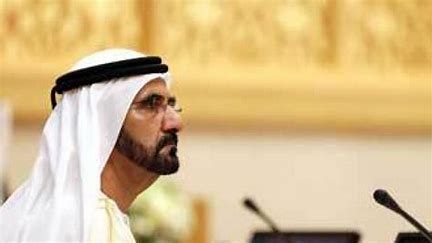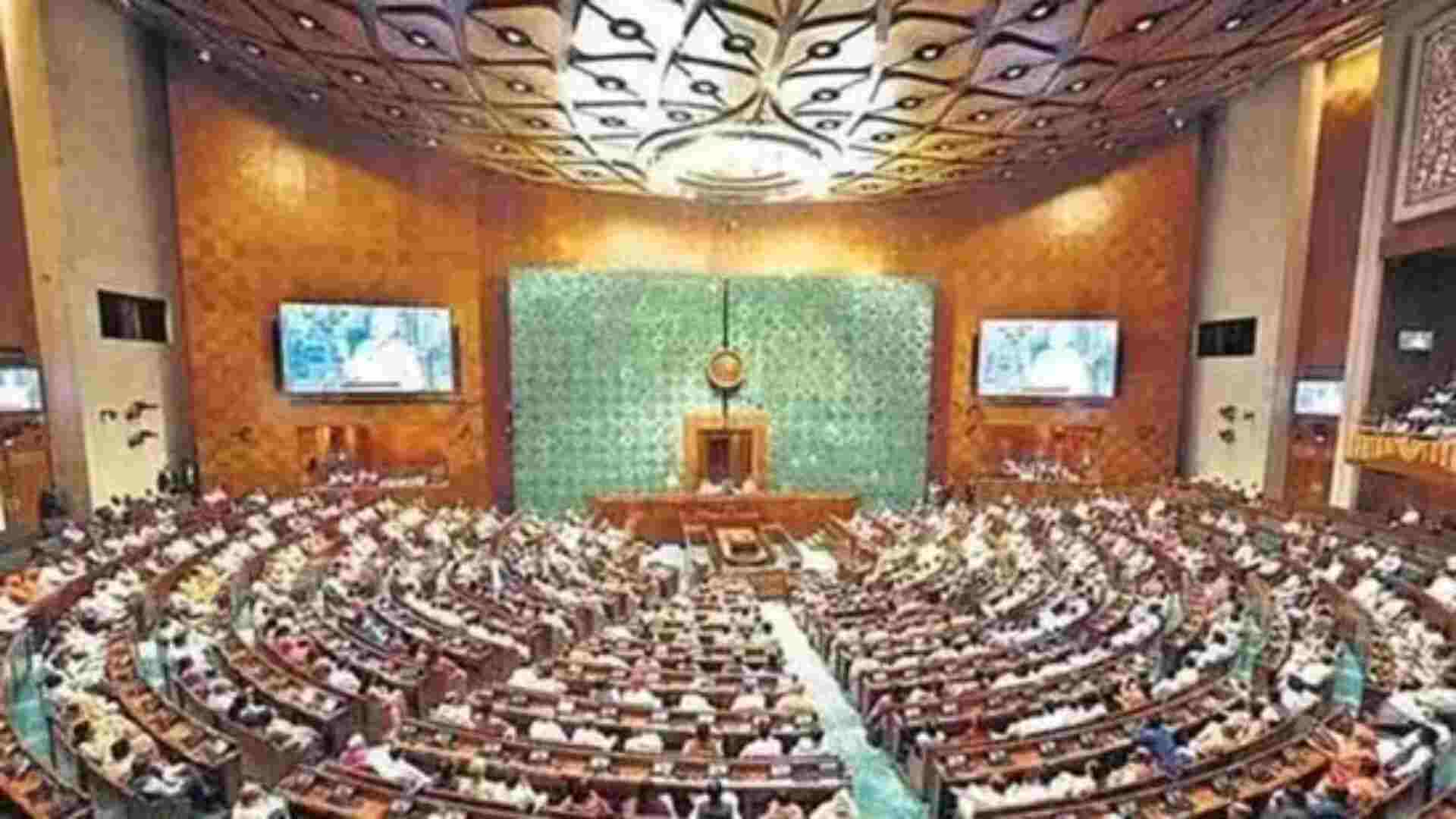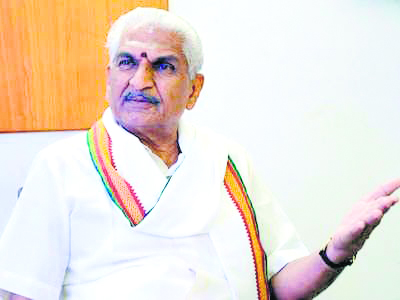
The Karnataka High Court has instructed the state to refrain from taking any forceful measures against RSS leader Kalladka Prabhakar Bhat concerning his speech on December 24 in Srirangapatna, which allegedly offended Muslim women.
Justice Rajesh Rai, presiding over Bhat’s plea, issued notices to the state and the complainant involved in the case during a hearing at the vacation bench, directing the State Public Prosecutor to suspend any coercive action until the subsequent hearing. Consequently, Bhat’s arrest in the case has been temporarily halted.
Representing Bhat, senior advocate Arun Shyam contended that the case held political motivations and asserted that the RSS leader had merely articulated factual statements protected by the right to freedom of speech.
Najma Nazeer, a social worker, filed the complaint against Bhat, resulting in the Srirangapatna police booking him under various sections of the Indian Penal Code (IPC) including those related to outraging the modesty of a woman and provoking religious enmity.
Meanwhile, the III Additional District and Sessions Judge in Mandya granted bail to Bhat concerning the Srirangapatna case, considering his health condition. Bhat underwent cardiovascular surgery earlier in the year, which the Sessions Court acknowledged, granting him anticipatory bail based on the precedent set by previous Supreme Court rulings.
As part of the bail conditions, Bhat was directed to provide a personal bond of Rs 2 lakh and a surety of equal value. However, the Sessions Court clarified that investigators retained the freedom to interrogate him as permitted under the Criminal Procedure Code (CrPC).


